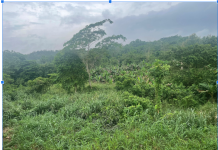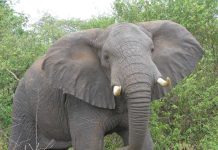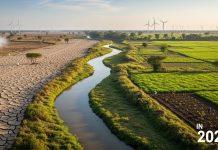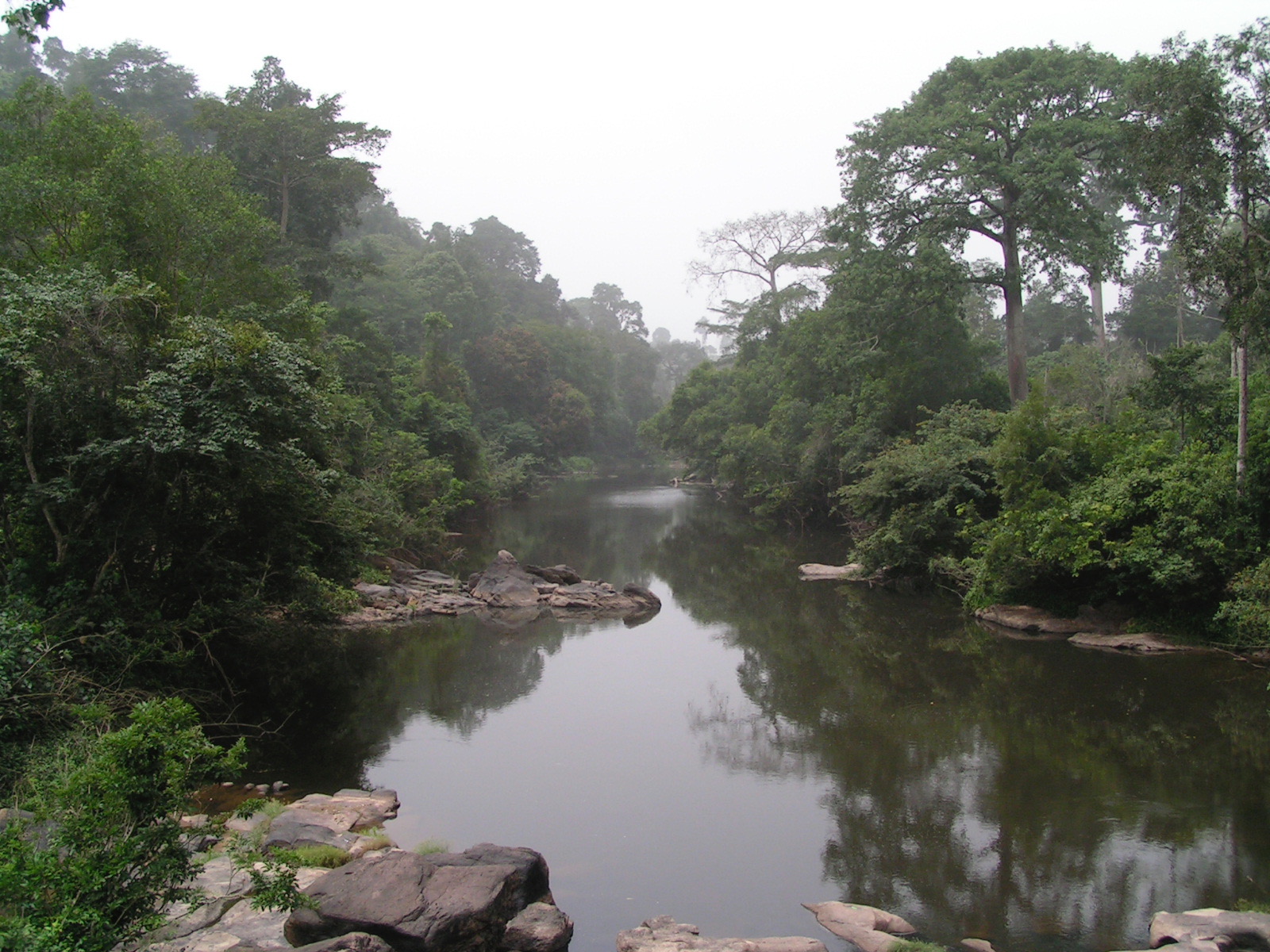The Oluwa Forest Reserve in Ondo State, Nigeria, established in 1918, is facing unprecedented challenges from deforestation, which threatens its rich biodiversity and ecological importance. Once a critical habitat for endangered species like the Nigeria-Cameroon chimpanzee and red-capped mangabeys, the reserve lost approximately 18% of its primary forest between 2002 and 2023, with recent satellite data showing an alarming rise in forest clearing and fires in 2024.
A combination of smallholder farming and industrial plantations drives the forest’s decline. Rising unemployment and poverty have pushed many young people and skilled artisans to the reserve, seeking opportunities in agriculture. Fertile land and a favourable climate make it attractive, leading to the widespread conversion of forested areas into farmland. Meanwhile, industrial activities, particularly large-scale plantations for palm oil and cocoa, have intensified forest loss.
Human activities, including slash-and-burn farming, have also triggered frequent fires in the forest. In 2024, the reserve experienced the highest number of fires since monitoring began in 2012, intensifying the already dire situation.
Efforts to reclaim the reserve have faced resistance from local communities who rely heavily on the forest for their livelihoods. In 2022, around 10,000 farmers protested government eviction attempts, arguing that their agricultural activities are essential for survival. The evictions were halted by a court injunction, emphasizing the tension between conservation efforts and the socioeconomic realities of the region.
The ongoing deforestation poses severe risks to biodiversity, with conservationists warning that species like the Nigeria-Cameroon chimpanzee could face local extinction due to habitat loss and increased hunting. Additionally, the degradation threatens essential ecosystem services such as carbon sequestration and water regulation, which are vital for climate resilience and local communities.
Despite monitoring efforts and conservation initiatives, weak enforcement has allowed forest clearing to continue unchecked. Experts emphasise the urgent need for solutions that balance local economic needs with sustainable land management. Community involvement will be crucial to developing effective strategies that protect the reserve while addressing the socioeconomic challenges faced by its inhabitants.
The Oluwa Forest Reserve is at a critical crossroads. Without immediate and decisive action from local authorities, conservation organisations, and the global community, this invaluable ecosystem may face irreversible damage, destroying the unique species and resources it sustains.























